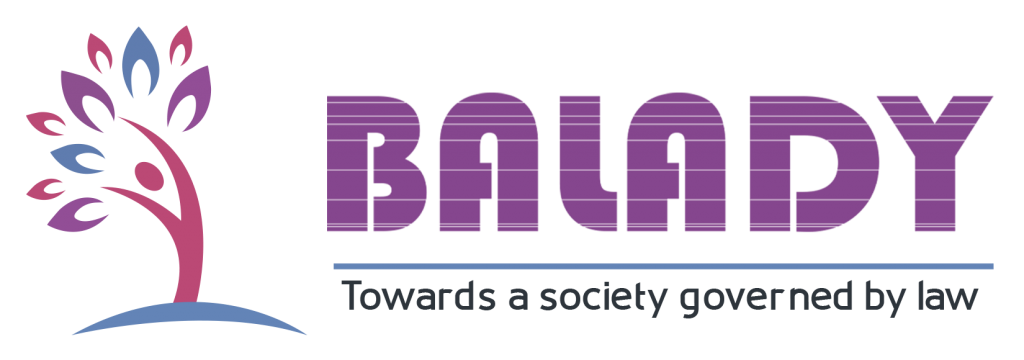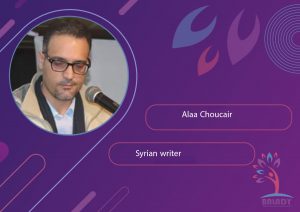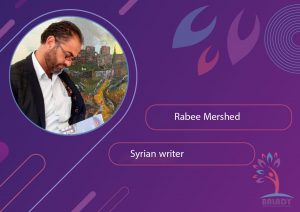There are four main factors that have contributed to fuelling and increasing hate speech:
First: the international factor of competition and conflict over the region’s spheres of influence and wealth is led by two historical adversaries; Russia and America, with the media required to wash people’s brains around the clock as required by their interests.
Second: a regional factor in the conflict between Turkish interests, Iranian interests and Israel’s interests.
Third: An Arab worker belonging to the decision-makers’ States, in which the political will of his Governments to control the media is lacking and necessary to reduce the spread of hate speech and incitement to violence, while marginalizing the role of civil society and sometimes lacking it, as well as a corrupt judicial system or affiliated with the governors and their security services.
Third: A historic factor is the sectarian conflict between Sunni on the one hand, and Shi ‘a and minorities in their rule, such as Alawis, on the other hand, about a thousand and four hundred year ago.
Fourth: Local factors, including:
Local factors, including:
Decades-old financial, administrative and judicial corruption, abuses by security agencies and lack of freedom of expression, and the establishment of a political structure that has no place for multilateralism fuel hate speech, as well as low income levels, widespread poverty and lack of purchasing power on the part of citizens, causing intimidation and prolonged popular boiling.
2. Diversity and pluralism of communities. There are pluralism (Saryan, Ashur, Arabs, Kurds) and the sensitivities formed between them by social and political pressures unjustly exerted towards each other, especially the consequences of the Kurdish problem, as well as religious pluralism (Islam, Christians), as well as the sectarian pluralism (Sunni, Alawite, Drouz, Azidi, Murshidi, etc.) and long historical rivalries between them.
Accordingly, Syrian media discourse in the past 10 years has been influenced by three factors:
First: National, religious, sectarian.
Second: an external international factor and the extent to which the internally supported entity is favourable and adopts the supporter’s letter.
Third: Changes in domestic and international political conditions and their implications for the parties to the conflict.
It should be noted that hate speech affecting Syrian communities has a profound and prolonged impact on those concerned and a greater capacity for strategic vandalism of social fabric and civil peace. Unlike rhetoric directed at a particular political class, there is a difference between rhetoric directed against Islam and Muslims, and against the “Muslim Brotherhood” party. There is also a difference between addressing the President of the Republic as a political government official and addressing him as an official of a particular community in order to irrationally undermine his community.
The vocabulary of hostile circulars has spread in the two media speeches (loyalists, opponents), which have played an important role in fuelling hatred between the parties to the conflict, including:
Expressions of loyal rhetoric towards civil opposition: (perpetrators of hostile state agendas, agents, mercenaries… etc.).
Expressions of loyal rhetoric towards the armed opposition: (terrorist groups, Erdogan mercenaries, takfiri terror gangs… etc.)
Expressions of opposition rhetoric towards Syrian government forces and groups loyal to them: (Shabiha, Shiite crime militias, Shabiha families… etc.).
Other expressions circulating by all relate to political hate speech: (secular in an atheistic sense, brotherly in an underdeveloped sense, atheist, stray dogs, azlam, algae, rats, liberal in a sense loyal to Western culture, apostate… etc.).
Local phrases bearing a hostile or contemptuous regional breath between communities: (Horani, Karoui, Gharbatly, strange, rural, nomadic… etc.)
#كلمتين_نضاف
(Two clean words)






